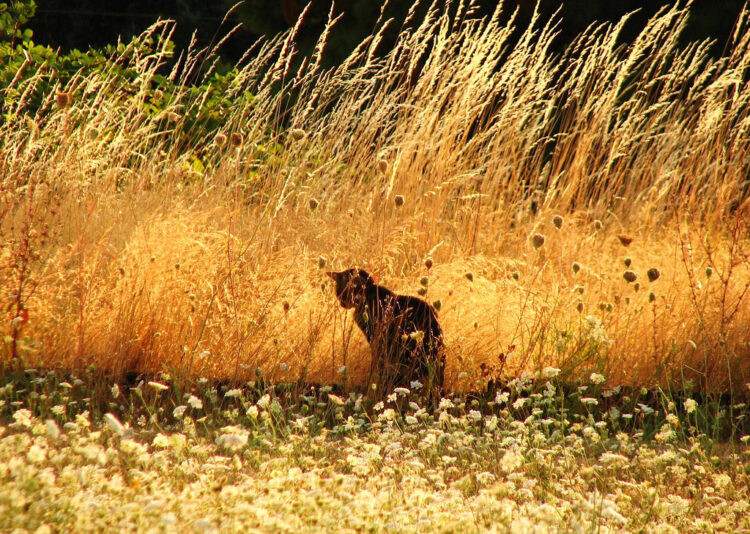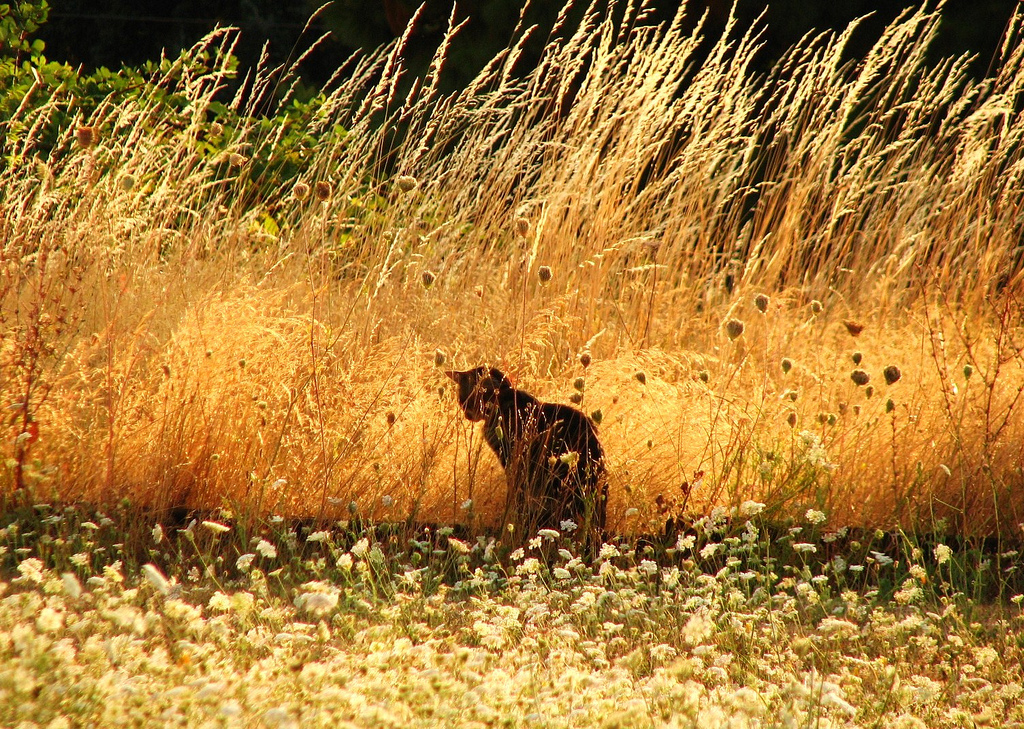Most entrepreneurs believe they are different, but they can’t quite understand how. They usually explain it by insisting that they are driven to follow their passion, need to be their own boss, want to get rich quick or want to change the world. I now believe that the roots of the difference may go back more than 10,000 years, when hunting and farming became two different lifestyles.
A recent book, “Hunting in a Farmer’s World: Celebrating the Mind of an Entrepreneur,” by serial entrepreneur and business coach John F. Dini, tied together several threads I have often seen in my own experience of mentoring and helping aspiring entrepreneurs. Dini makes the case that entrepreneurs are hunters, while the rest of us (large majority) are farmers.
This is not a statement of good or bad, right or wrong, but just an explanation of why some people see and do things one way, and others do it another way. In business, entrepreneurs hunt for new innovative solutions to problems, new ways of beating competitors, new markets, and new customers. Farmers are the management that comes after the hunt, to build repeatable processes, do seasonal planning, and make sure all employees are well-fed and trained.
All this made more sense to me as Dini defined the types of entrepreneurs into four categories. Within each of these types, I can easily highlight strengths and weaknesses that we both see every day in startups:
- Technicians: The good news is that technicians are entrepreneurs who have previously learned a skill or job so well that they can do it without a manager. The bad news is they may not be good at managing people or even managing basic business. Technicians can become true hunters when they learn to provide for both employees and family.
- Inheritors: These are former employees who find themselves thrust into owning a business, because of family ties or evolution. Unfortunately, most inheritors have been farmers for too long, or never had hunting instincts. The best ones learn to be hunters, or revert to that mode, allowing their business to grow and change with the requirements.
- Acquirers: Entrepreneurs who are willing to acquire an existing business, and believe they can make it a better business than previous owners, are clearly hunters. Farmer acquirers, who want to manage a proven opportunity, with no change, buy a franchise. Hunter franchisees move on quickly, or end up owning the entire franchise system.
- Creators: These are the ultimate hunters. They build businesses as their lifestyle, not as a job. They love the continuous hunt, for investment capital, resources, talent and new markets. Only a few of these slide into farming, as the company grows in employees and products. The remainder usually exit within five years, to start the process over again.
In addition to the right type, there are clearly traits that every aspiring entrepreneur should recognize as critical for business success and happiness:
- Creativity: Hunters thrive on the challenge of the unknown. They look at every situation as a puzzle that has an answer. Success at any level always brings a new set of problems. Hunters live for solutions and change. Farmers live for repeatable processes, minimal risk, and predictable results to feed the family.
- Tenacity: Hunters never quit. There are no defeats, only setbacks. Success is always just a little further down the road. “Never” is not an option. If a solution doesn’t work, there is always another, then another and another. Farmers are easily frustrated by setbacks, and count on “leadership from the top” to give them new fields for growth.
- Business sense: Hunters need “street smarts.” If you are looking to create a business, you better have a strong “gut feeling” or “third eye” for business that goes beyond the usual five senses. Farmers have a narrower view of what is required, to optimize quality production, customer satisfaction or close a sale.
There once was a time in mankind’s history when almost everyone was a hunter, for survival. Our civilization has evolved now almost to the other extreme, where the vast majority of the people in business are farmers (managers and employees). For those of you who have the hunter gene, or the yearning to learn, the time has never been riper to be an entrepreneur. How long has it been since you have taken a hard look in the mirror?
Image credit: CC by Paul Kline




